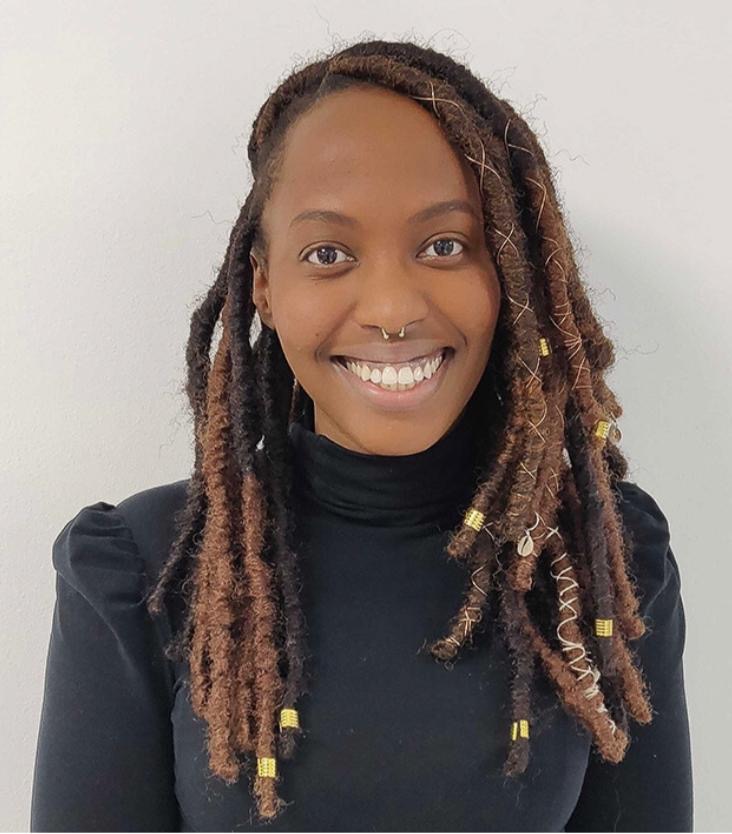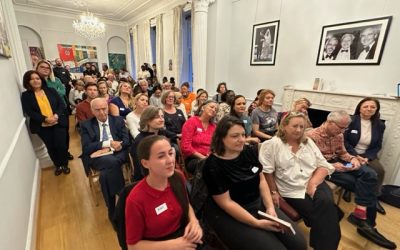If you are a budding entrepreneur dive into the world of start-up accelerators and incubators as we unravel their pivotal role in shaping entrepreneurial success stories.
TGIUK is all about sharing really useful information and in this blog, Caroline tells us all about accelerator programmes, how they started, what they are and how they work.
1) What is an accelerator programme and how did they start?
At a high level, startup accelerators and incubators are organisations that seek to help startups attain success. Historically, the concept was created in Silicon Valley in the late 2000’s to support the growing tech startup ecosystem with business advice, community and funding. Since then, accelerators have emerged across the world and diversified to cater to a wide range of startups in different ways. Some popular examples are Y Combinator (California), Tech Stars (worldwide), Startup Bootcamp (Europe) and SeedCamp
2) How do they work?
The Accelerator concept is pretty simple. You join, undergo an education programme and (hopefully) emerge in a better state than you started. The structure may differ with regards to length of a programme (3 months to a year), time commitment (full-time/ part-time), speciality (stage of companies, technology, industry etc)
Startup accelerators tend to focus on providing startups with a few key things; mentorship, advice, and resources to help the startups succeed, including a Demo Day, this is a day to focus the attention of the startup investor community on the startups through hosting a series of investments pitches from the startups to startup investors
3) What kind of ideas get picked up?
The great thing about starting a company is that any one who has an idea can do it. It doesn’t have to be a unique idea that no one has thought of yet, just a viable idea. A viable idea is one that solves a legitimate problem in the world. If there’s a large population that need your product/ service, then there’s a market for you to sell it. It also helps if you have substantial experience either personal or professional of the problem you are trying to solve. There’s always going to be competition, what matters is if you can do it better.
4) You work for Foundervine, an organisation which runs accelerators for diverse founders. What advice would you give anyone thinking about becoming a founder of their own business?
Do it! If you have an idea, now more than ever is the perfect time to start a business. There are a lot of resources, information, communities and programmes in place to help you get your idea off the ground.
1. Start with some market research which will help you determine if your idea is viable.
2. Next find communities and programmes where you can get mentorship ,knowhow and a strong network. Make sure the programme is suited to your needs. Here are a few questions to help you determine this.
- Do they support founders like me? Women, BAME & over 50’s founders are some of the most underrepresented and underserved groups when it comes to business. Organisations such as Foundervine helps underserved entrepreneurs build start-ups from scratch, and to achieve scale. At the very core of what we do is a commitment to ensuring that regardless of background, every entrepreneur has the opportunity to build the skills, experiences and aspirations needed to succeed.
- Do they focus on companies at idea/ concept stage? Startups require different kinds of support at different stages of growth so make sure the programme is right for your company stage.
- Do they have a particular key relationship to investors or key customers? A network is a valuable thing to have as a new entrepreneur. Accelerator programmes usually have immense networks of investors and organisations and can be very helpful in opening up doors for you.
The Entrepreneur Handbook have listed 181 Accelerators in the United Kingdom here but there’s definitely more so research is important.
5) What are the highs and lows of this kind of work?
The highs: Working with entrepreneurs on a daily basis inspires me to be brave and continue to challenge myself as they do. It’s also a very exciting and creative space where I’m constantly learning about new problems, industries and technology.
The lows: When I first started working with entrepreneurs, the lack of diversity was very apparent. And hearing statistics like “Only 2% of investor funding goes to Women and less than 1% of that goes to black founders” was very disheartening as a black woman in this industry. It was a realisation that all the companies I was working with to build products for the future didn’t have my future in mind.
The only way to build products that fairly represent society’s needs is to have a fair representation of society building these products. This emboldened me to take a stance and advocate for Diversity and Inclusion in tech. It’s also what’s led me to working for Organisations like Foundervine who share this mission.
There are plenty more organisations out there that are working towards a fairer society, so be it an accelerator programme, an equal investor or a community that champions diversity, you’re sure to find the right one that will help you succeed.
To find out more about Foundervine and the programmes we offer, check out our website.







